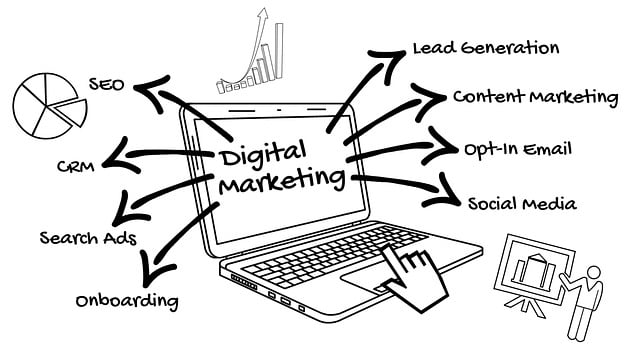AI tools for multi-location restaurant management leverage machine learning algorithms to analyze historical data from each branch, providing accurate sales forecasts. These insights optimize inventory, staffing, and promotional strategies specific to each location's needs, enhancing operational efficiency and profitability. By identifying patterns, predicting trends, and automating tasks like sales forecasting, AI empowers restaurants to make data-driven decisions, adapt swiftly to market changes, and achieve consistent growth in a competitive culinary landscape.
In the dynamic landscape of multi-location restaurant management, predicting sales accurately is a complex challenge. Traditional forecasting methods often fall short in the face of varying local markets, seasonal trends, and dynamic consumer behavior. However, Artificial Intelligence (AI) tools are revolutionizing this space, offering game-changing solutions for improved business growth and strategic decision-making. This article explores the specific challenges of multi-location restaurant management and delves into how AI sales forecasting can streamline operations, enhance accuracy, and foster efficient business expansion.
- Understanding the Challenges of Multi-Location Restaurant Management
- The Role of AI Tools in Streamlining Sales Forecasting
- Implementing AI Solutions for Accurate and Efficient Business Growth
Understanding the Challenges of Multi-Location Restaurant Management

Managing a multi-location restaurant business presents unique challenges, especially when it comes to sales forecasting. Each restaurant operates in its local market with varying footfall and customer preferences, making it difficult to predict sales across all branches accurately. This is where AI tools for multi-location restaurant management step in as game-changers. These advanced solutions leverage machine learning algorithms to analyze vast amounts of historical data from each restaurant, including sales trends, marketing campaigns, and local events.
By understanding these patterns, AI models can forecast sales with impressive accuracy, providing valuable insights to support strategic decision-making. For instance, they can identify the impact of new competitors or seasonal fluctuations on individual restaurants’ performance. This enables restaurant managers to optimize inventory management, staffing schedules, and promotional strategies tailored to each location’s unique needs, ultimately enhancing overall operational efficiency and profitability.
The Role of AI Tools in Streamlining Sales Forecasting

AI tools are revolutionizing sales forecasting, especially in complex industries like multi-location restaurant management. By leveraging machine learning algorithms, these tools can analyze vast amounts of historical data, identify patterns, and make accurate predictions about future sales. This capability helps restaurants optimize their inventory, allocate resources efficiently, and improve overall profitability.
In a multi-location scenario, AI tools can consider unique factors like local preferences, seasonal trends, and competitive dynamics for each individual outlet. This granular level of analysis enables restaurant managers to tailor strategies accordingly, ensuring that each location maximizes its sales potential. As a result, businesses can make data-driven decisions, enhance operational efficiency, and stay ahead in the competitive culinary landscape.
Implementing AI Solutions for Accurate and Efficient Business Growth

Implementing AI solutions has revolutionized business operations, particularly in complex industries like multi-location restaurant management. These advanced AI tools offer a myriad of benefits, enhancing efficiency and accuracy. By leveraging machine learning algorithms, these systems can analyze vast amounts of data, from sales trends to customer behavior, to predict future performance. This predictive capability is a game-changer for restaurants, enabling them to optimize pricing strategies, anticipate inventory needs, and make informed decisions about menu planning.
Moreover, AI tools streamline operations by automating time-consuming tasks such as sales forecasting and data analysis. This frees up valuable time for restaurant managers, allowing them to focus on strategic initiatives and enhancing the overall customer experience. With AI-driven insights, multi-location restaurants can ensure consistent growth, adapt to market changes swiftly, and ultimately, achieve sustainable success in a competitive culinary landscape.
AI tools for multi-location restaurant management are transforming the way businesses forecast sales, offering unprecedented efficiency and accuracy. By leveraging these innovative solutions, restaurateurs can make data-driven decisions, optimize resources, and ultimately drive sustainable growth. Implementing AI in sales forecasting not only streamlines operations but also allows for a competitive edge in a dynamic market, ensuring success in today’s culinary landscape.
